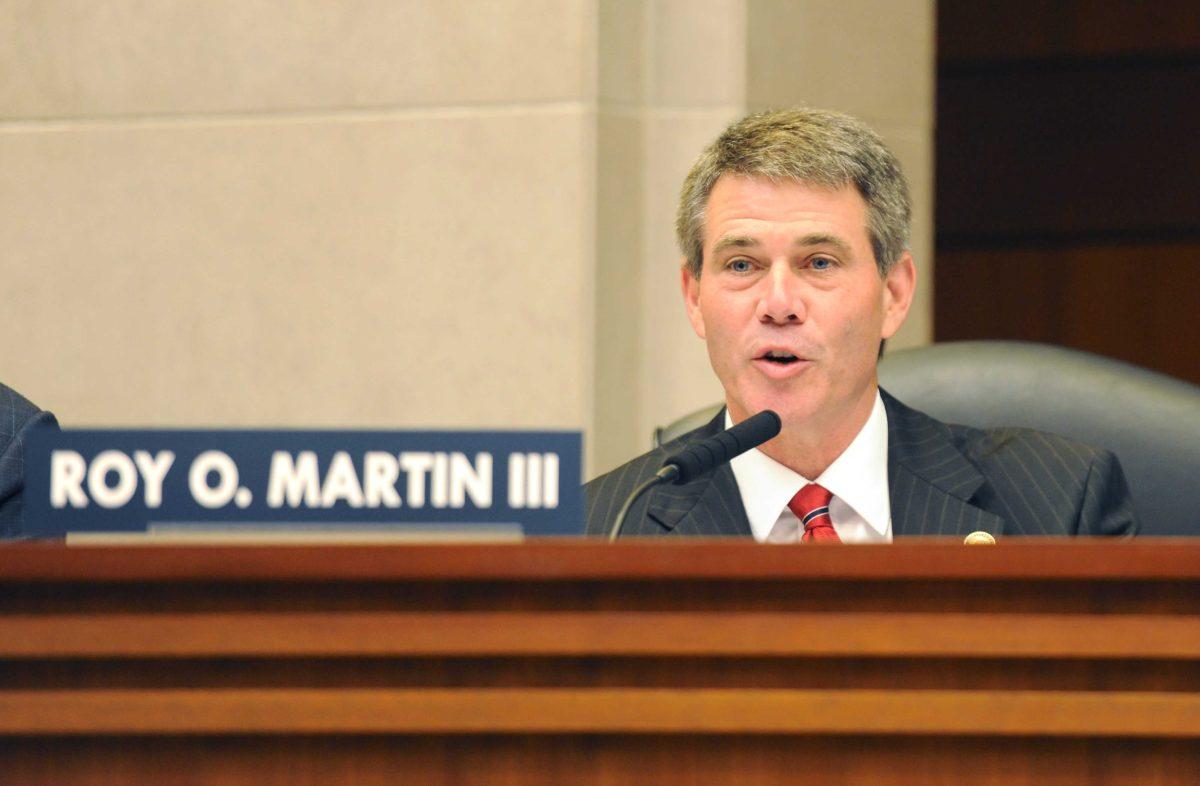Five years into a six-year agreement with Gov. Bobby Jindal, the Louisiana Board of Regents is once again pushing for fiscal autonomy from the state.
Under the GRAD Act, signed in June 2010, higher education institutions were offered more autonomy in exchange for improving academic performance.
The act has come under scrutiny in recent years by opponents who say it’s not helping high achieving universities, but punishing those who cannot improve under intense budget reductions.
“In reality, there was never any performance funding. Instead you lost some of your base funding if you failed,” said deputy commissioner for planning, research and academic affairs Larry Tremblay. “And any institution in this room will tell you, they have had a heck of a time getting these autonomies.”
Other staff members voiced similar concerns.
“Our intuitions are tightly regulated. If you look across the country Louisiana is one of the states that is highly regulated,” said deputy commissioner for legal and external affairs Uma Subramanian. “We believe that Louisiana should give the same flexibility that higher education is given across the country.”
But this time, the Board of Regents will not push for a constitutional amendment to remove legislative control over tuition.
“With a 2/3 majority, the legislature has consistently not even brought this up,” said Board Chairman Roy Martin. “They want to be in control.”
Subramanian said though a constitutional amendment is the “most aspirational” goal, it will be up to individual institutions to try to put it on the books as a strategy to keep legislation in the public eye.
Instead, Subramanian said the Board would seek bills either within the GRAD Act or legislation to override it to get certain autonomies that are not contingent on performance indicators.
Those could include authority over fees and graduate student tuition. Subramanian said institutions such as Grambling State University might also push for out-of-state tuition authority.
Typically, the Board announces the bills it will be filing at the February meeting, but the legislative committee said firmer plans will be announced in March.
“This year, because of the magnitude of the proposals, we don’t want to give you any premature specifics on the bills we will be filing,” Subramanian told the Board.
The Board also approved a uniform policy on sexual misconduct across all state higher education campuses.
The policy hopes to address all forms of sexual misconduct rather than just sexual assault.
The policy comes by an executive order by Gov. Bobby Jindal after a July request by Sen. J.P. Morrell, D-La., to the Board found inconsistencies in how postsecondary institutions comply with Title IX and the Clery Act.
In an attempt to find balance between “the need for uniformity and the need for flexibility of implementation,” each institution’s management board will evaluate and apply the policy.
Mandatory state requirements for all campuses include a campus climate survey to assess perceptions and behaviors of sexual misconduct on each campus to be administered every three years.
Each institution also must offer annual awareness programs including prevention, bystander intervention and risk reduction.
Under the policy, campuses will develop protocols for how they will coordinate with local law enforcement and establish their own institutional task force through the student body government.
The Board also granted full approval to the University’s Institute for Advanced Materials. IAM was established last year with conditional approval and will be up for reauthorization in March 2020.
Board of Regents continues to push for tuition autonomy
February 23, 2015
Board of Regents member Roy O. Martin III weighs in on a topic of discussion Wednesday, June 26, 2013 in the Board Room of the Claiborne Conference Center in downtown Baton Rouge.
More to Discover








